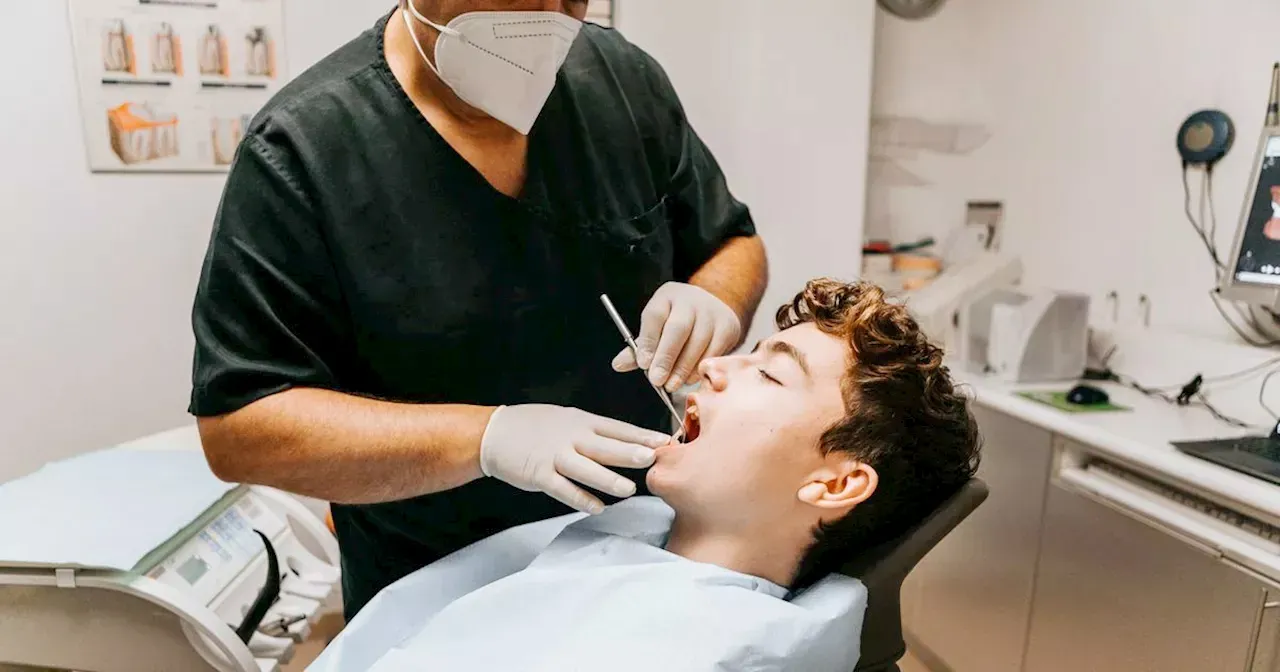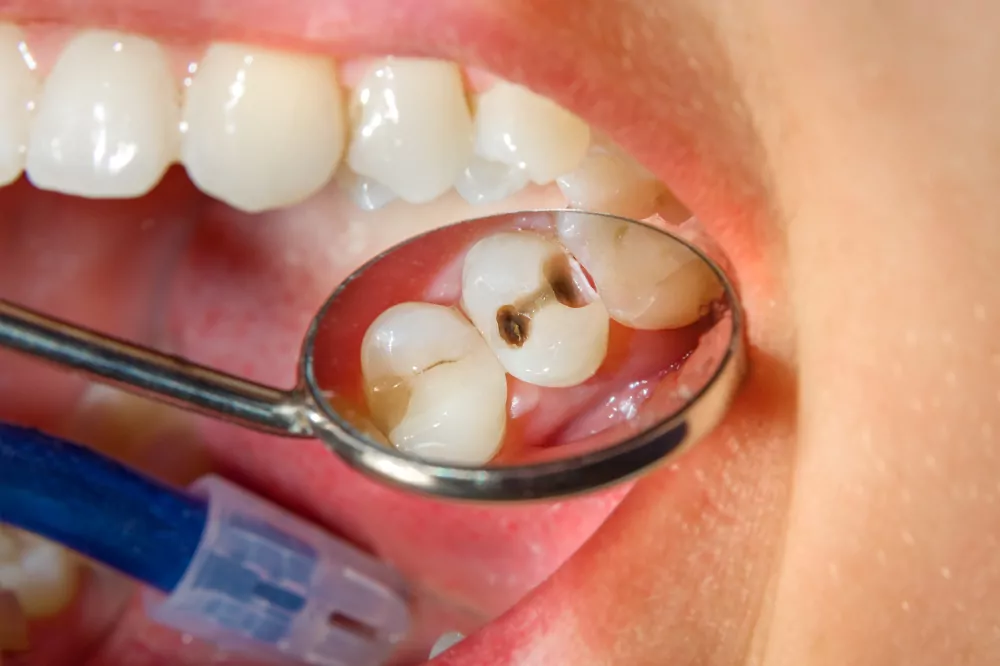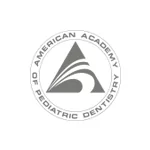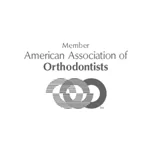Gingivitis is a common form of gum disease that causes irritation, redness and swelling on the gums around the base of your teeth. Gingivitis is dangerous because it can lead to serious oral hygiene problems, including periodontal disease.
According to the Centers for Disease Control and Prevention, nearly half of American adults 30 years and older have periodontal disease. The most common reason people develop gingivitis is due to poor oral hygiene. Other risk factors include:
- Smoking/chewing tobacco
- Poor diet
- Dental phobia that leads people to avoid dentists
- Crooked teeth that a difficult to keep clean
- Stress
- Defective fillings
- Genetic components
- Age
- Hormonal changes with pregnancy, menstruation or menopause
- Diabetes
- History of antibiotic use
The best defense against gingivitis is brushing and flossing at least twice a day and getting regular dental checkups. Another preventative measure is to swish with mouthwashes for gingivitis because they can help kill bacteria and maintain gum hygiene.
“Gingivitis is reversible with good oral care, but, left untreated, it often progresses to periodontitis,” said Dr. Kami Hoss, author of If Your Mouth Could Talk. “Periodontitis is a serious gum infection that results in the irreversible loss of the supporting structures of the tooth – the periodontium.” Teeth can get loose and will eventually fall out.
Common clues that you may have gingivitis are:
- Bleeding gums
- Red, swollen gums
- Soreness or sensitivity
- Bad breath
- Receding gum line
- Abscessed teeth
Gingivitis isn’t just an adult problem. Kids can also suffer from gingivitis and if it isn’t identified and properly treated, they may also develop periodontitis. For children, you must be very careful about which mouthwash you choose. Dr. Hoss says in his book, “Unfortunately, many of the conventional oral care products contain, at the very least, questionable safety components, and some have downright toxic and dangerous ingredients.”
How To Prevent Gingivitis
If you are suffering from gingivitis, always visit your dentist first. A great option to help prevent or control gingivitis is the use of therapeutic mouthwashes. Therapeutic mouthwashes are available over-the-counter and by prescription, depending on the formula.
Clinical studies have shown that certain mouthwashes can kill bacteria below the gums and on the cheeks and tongue. While mouthwash is considered excellent to help prevent gum disease, it is intended to be used alongside proper brushing and flossing.
Look for a mouthwash that has earned the ADA Seal of Acceptance by providing scientific evidence that demonstrates the safety and efficacy of its product. The ADA conducted two six-month studies showing a minimum 15% reduction in gingivitis and a mean of no less than 20% across the two studies, before awarding seals out to mouthwash brands.
What Mouthwash Should I Use For Fighting Gingivitis?
There are a lot of mouthwashes out there in the world, but which one is the best mouthwash for your mouth and for preventing and reversing gingivitis? Here are a few rules to follow when picking a mouthwash:
- No alcohol-based mouthwashes: Mouthwash with alcohol is not good for preventing gum disease. The ethanol can cause your mouth to dry out and increase the risk of gum disease.
- “All-in-one” mouthwash: This is a mouthwash that contains fluoride and antibacterial ingredients to strengthen teeth against decay and reduce the risk of gum disease.
- Antibacterial active ingredients: Look for mouthwash that contains ingredients labeled “antiplaque/antigingivitis.” These ingredients help kill bacteria and prevent gum disease. However, these mouthwashes should be only used for a very short period since they can decide the oral microbiome when used for long periods.
- Mouthwash for sensitive gums: If you have a sensitive mouth, choose an alcohol-free mouthwash to avoid the burning sensation.
- pH Balancing Mouthwash: Always choose a mouthwash that is an alkaline level above 7 pH.
- Kids and Mouthwash: Children should not use mouthwash before age six. Small children tend to swallow it instead of spitting it in the sink.
- Sodium Lauryl Sulfate (SLS) Mouthwash: Avoid mouthwash with SLS. This ingredient is the foaming agent in toothpaste and can damage soft tissues in the mouth.
For any further questions about mouthwash for gingivitis, contact The Super Dentists and their top-rated pediatric dental care. Come and see for yourself why 1 in every 5 kids in the greater San Diego area is a Super Dentists kid!
To learn more about The Super Dentists, please contact us today at 1 (855) GO SUPER or text us at 1 (844) 765-1234.









